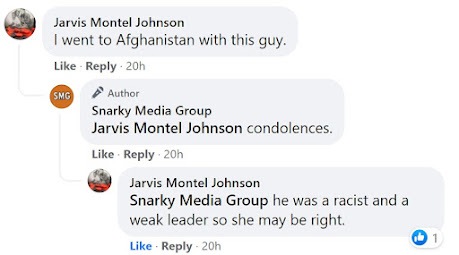American Creole Indians suffer from erosion, hurricanes now BP / Haliburton oil spills
The United Houma Nation (UHN) is a state recognized tribe of approximately 17,000 tribal citizens residing within a six-parish (county) service area encompassing 4,570 square miles. The six parishes, Terrebonne, Lafourche, Jefferson, St. Mary, St. Bernard and Plaquemines parishes are located along the southeastern coast of Louisiana. Within this area, distinct tribal communities are situated among the interwoven bayous and canals where Houmas traditionally earned a living. Although by land and road these communities are distant, they were historically very close by water. However, boat travel is no longer a viable option due to the effects of coastal erosion, which has left these waterways either nonexistent or impassable and often treacherous.
The Houma Tribe has not yet been Federally recognized, awaiting a response for over 20 years from the Bureau of Indian Affairs, an agency of the U.S. Department of the Interior. This is our story.

We have had many battles over the years. We've fought for educational opportunities, recognition by the Federal government, protection of our homelands from coastal erosion and hurricanes, and we're now preparing for the impact of the massive oil spill. The BP Deepwater Disaster threatens the health and long-term survival of the United Houma Nation communities. Spread throughout six parishes of Southeastern Louisiana, our history, culture, and livelihoods are deeply tied to water. We are a resilient people and will do everything we can to preserve our way of life. The Tribe has been working with local, state and federal government as well as foundations and environmental organizations on addressing some of the current and forthcoming impacts of this oil spill. Please continue to visit the website for updates on these issues.


Comments
Post a Comment
You are welcome to email your tips, corrections and/or comments to: aidcommission@gmail.com please indicate if you wish to remain anonymous or otherwise. We will post your comment without edit.